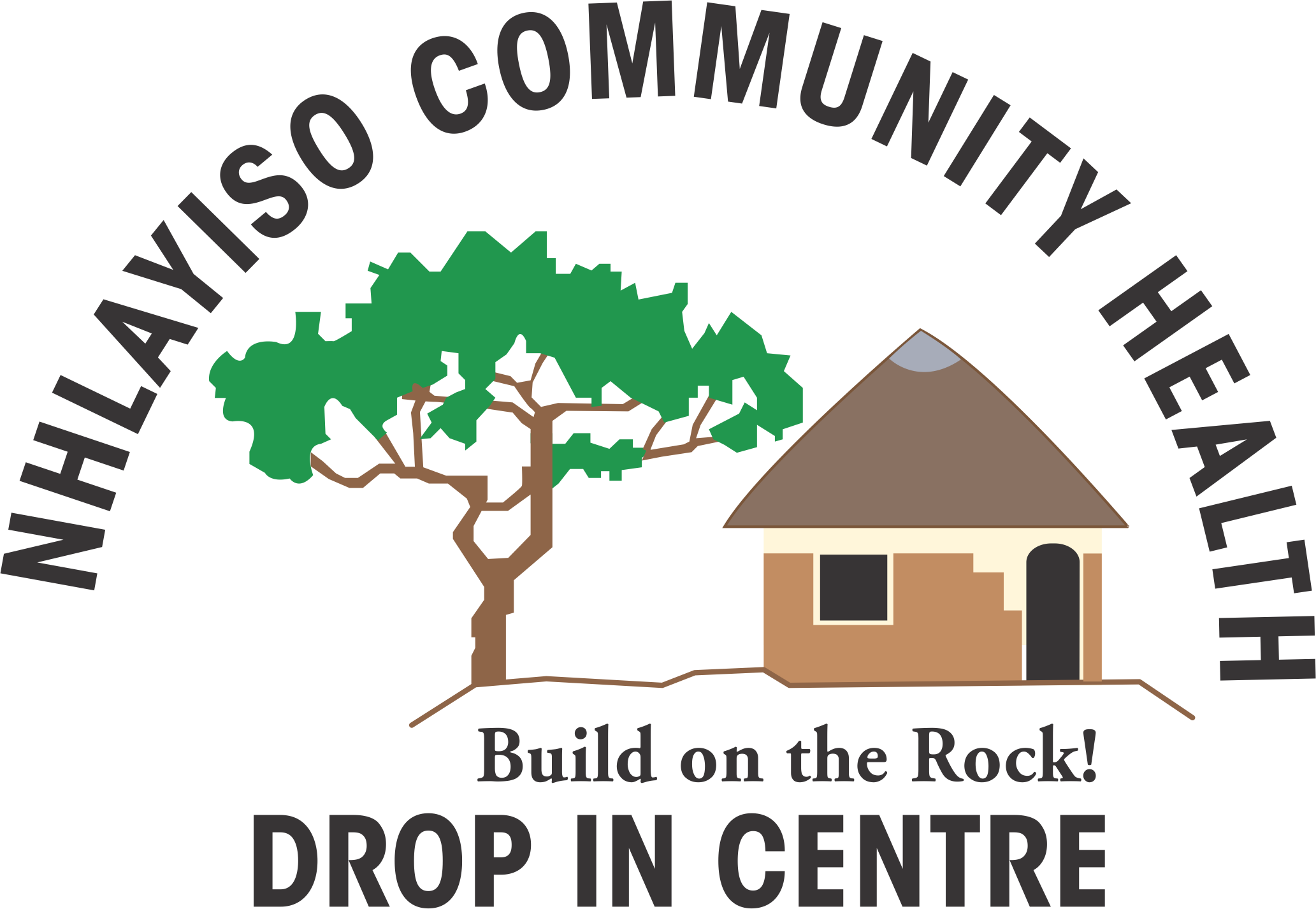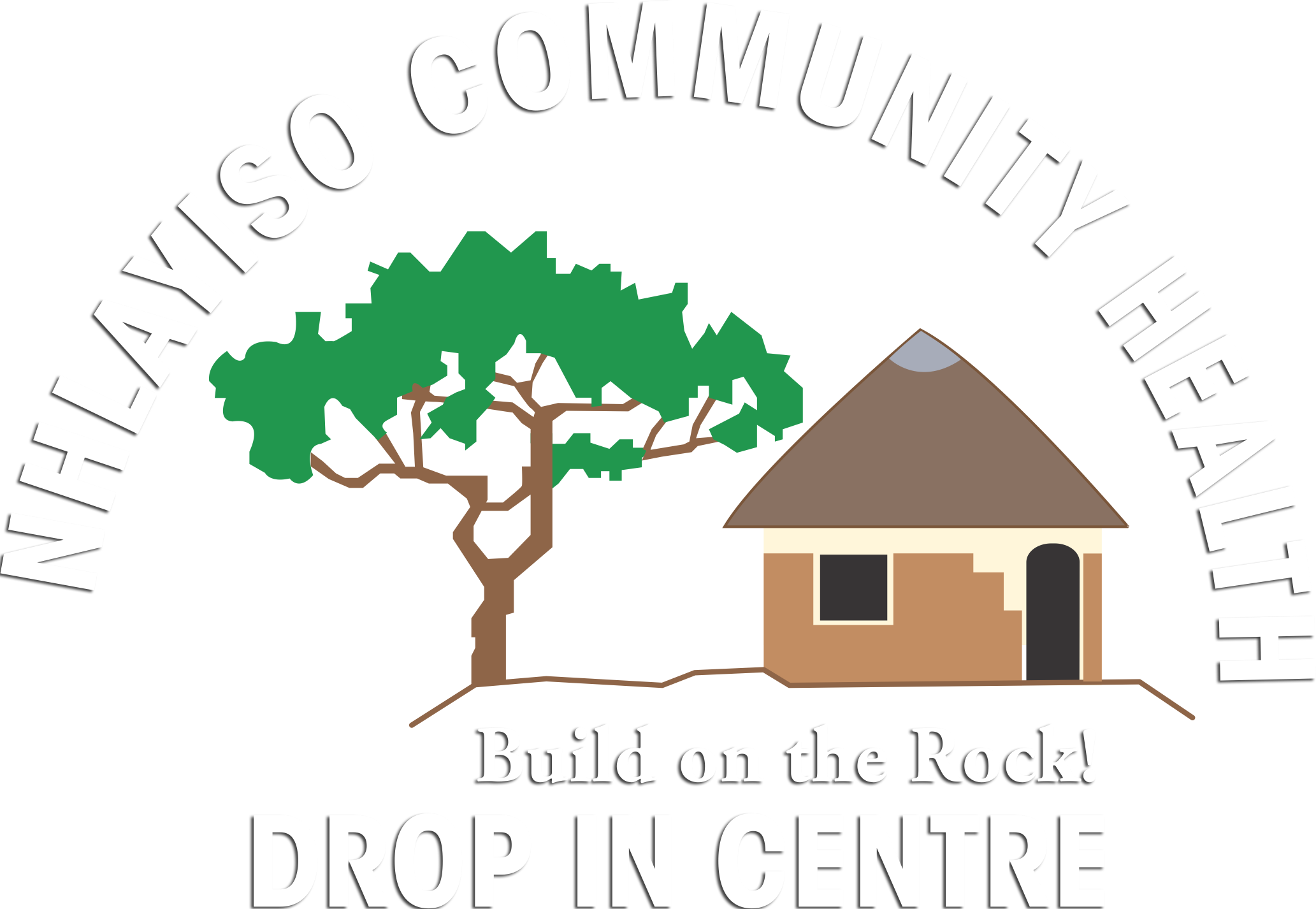Social and Behaviour Change Program (SBC):
Social behaviour change programme is a strategic plan for addressing issues at a social level e.g. poverty and behavioural level e.g. risk issues such as HIV/AIDS. The following indicators
- Young people are reached through: You Only Live Once (YOLO) Programme, where young people are recruited and enrolled by qualified social workers to participate to complete 12 sessions.
- Community as a whole are reached through Community Capacity Enhancement dialogues (CCE), where by communities come together to tackle social issues, the programme is also facilitate by social workers working at Nhlayiso CHDIC. Annual target is More than 10 dialogues, facilitating 6 session per community where by the community identify concern , explore, make decision and implementation.
- Men are reached through Men championing change programme (MCC), where by men come together to share, debate and educate one another while focusing on gender base violence (GBV) prevention, and understanding the relationship between HIV and gender inequality.
- Families are reached through Families matters programme, through this indicate parents are encouraged to come together to share parental skills, empowering parents to take charge in communicating and educating young people to take charge in their lives.
- KEMOJA “I’m fine without drugs” is also a program facilitated by Social workers targeting Children aged 18 and below, youth people aged 19 to 35 and parents or caregivers. Seven to eight modular sessions are facilitated in a group of 15 to 25 recruited in school, or out of school. Mass based is also conducted in a group of 50 or more. (70% modular base and 30% mass base.
Orphans and Vulnerable children Program (OVC):
The main essential purpose of the OVC programme is to meet the emotional, cognitive, sensory, spiritual, moral, physical, social, educational and development of each child through the ethos of children’s rights. All activities play work spaces and materials are developmentally appropriate and support active learning for orphans and vulnerable children.
Child Care Worker ensures that all aspects of children’s growth and development including problem-solving skills, empathy and respect, independence, language, social development, self-esteem and confidence are fostered. Nhlayiso DIC has provided support to thousands of Orphan and vulnerable children with the following activities: HIV & AIDS prevention education, child protection, psychosocial support, home visits, life skills, homework supervision and educational support.
Gender Based Violence Partnership With People Opposing Women Abuse (POWA):
Nhlayiso has collaborated/partnered with People Opposing Women Abuse (POWA) to provide gender based violence services to GBV survivors. Nhlayiso Social Worker recruit and form support groups of GBV survivors and provide ongoing counselling and support such as telephonic counselling, face to face counselling. Conduct community dialogues to help sensitise communities to contribute in fighting gender base violence. We also provide referrals and linkages to other services that the clients or beneficiaries might be in need of to the department or organisation concerned. We also outsource shelter for GBV survivors and assist them with skills development from local stakeholders.
Diversion Programme:
The social worker and Social Auxiliary worker facilitate the program to children with unruly behaviour and those referred by the department of social development probation officer following orders received from the court.
It entails the following aims:
To manage offending through mediation and to address the underlying causes of offending behaviour. Nhlayiso believes that recidivism can be reduced by getting offenders to take responsibility for their actions. Its governing assumptions is that to change a youth’s behaviour it is necessary to identify the precipitating and sustaining factors within the offender and his or her family and community.
It aims to address offending behaviour by helping participants in its programmes to develop resilience, to make offenders responsible and accountable for their actions to provide an opportunity for reparation, to identify underlying problems motivating offending behaviour, to prevent first time or petty offenders from receiving a criminal record and being labelled as criminals as this may become a self-fulfilling prophecy , to provide educational and rehabilitative programmes to the benefit of all parties concerned, to lessen the case load of the formal justice system and acquire much needed life skills and to make all around behavioural and attitude changes.
Peer Education:
The immediate objective is to provide a viable outlet for youth living in Greater Tzaneen and surrounding areas by training then to be peer educators, youth that educates their peers on topics that affect their age group. peer education serve as a change agent in their area by providing a avenue that allows Orphan and Vulnerable Children (OVC) to speak and learn about strategies to leading a productive life.
The long term effects of peer education in rural areas is the transformation and empowerment of youth, developing them in to productive and educated members of society and providing them with opportunities that they may not have had otherwise. The community its own realized that there is a need to empower young to participate in activities that will positively affect their presence in the community and develop them into leaders, change agents, volunteers, mentors and scholars through leadership, health education and cultural exposure-which will, in turn, assist with the eradication of HIV/AIDS and peer education is an effective way to achieve.
Human Rights Stigma And Discrimination Reduction Program:
Objectives of the program
- To sensitize key and vulnerable populations and communities on their rights and mitigate against human rights related barriers to HIV and health related services for KVPs
- To ensure accountability through legal redress the implementation of a human rights violations monitoring system.
- To facilitate the strengthening of key and vulnerable populations and communities to address and respond to human rights violations.
Indicators
- Conduct household visits
- Refer human rights violation to the React platform
- Distribute IEC Materials
- Conduct community dialogues
- Host anti- stigma campaigns
- Form steering committees
- Conduct media engagements


